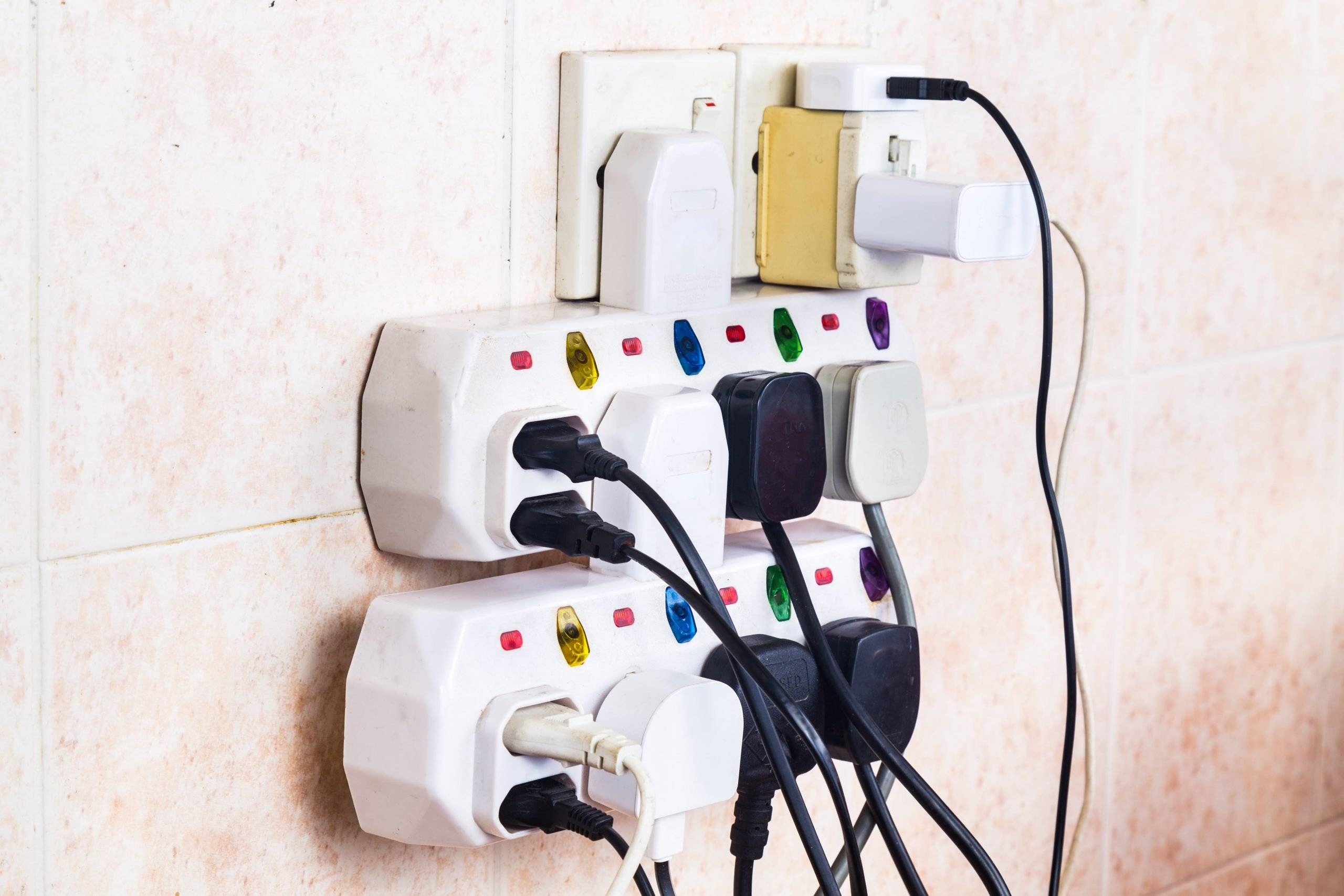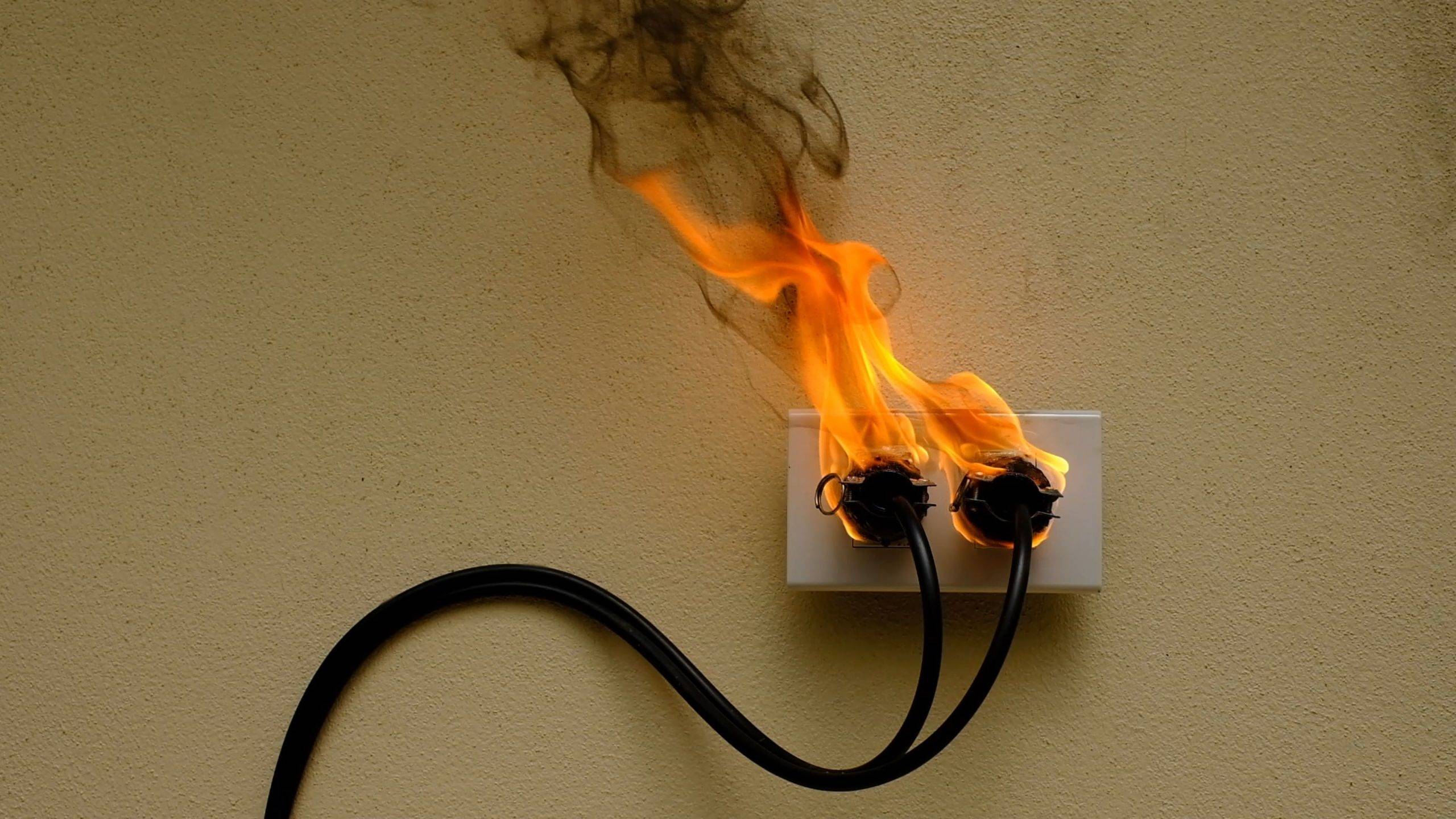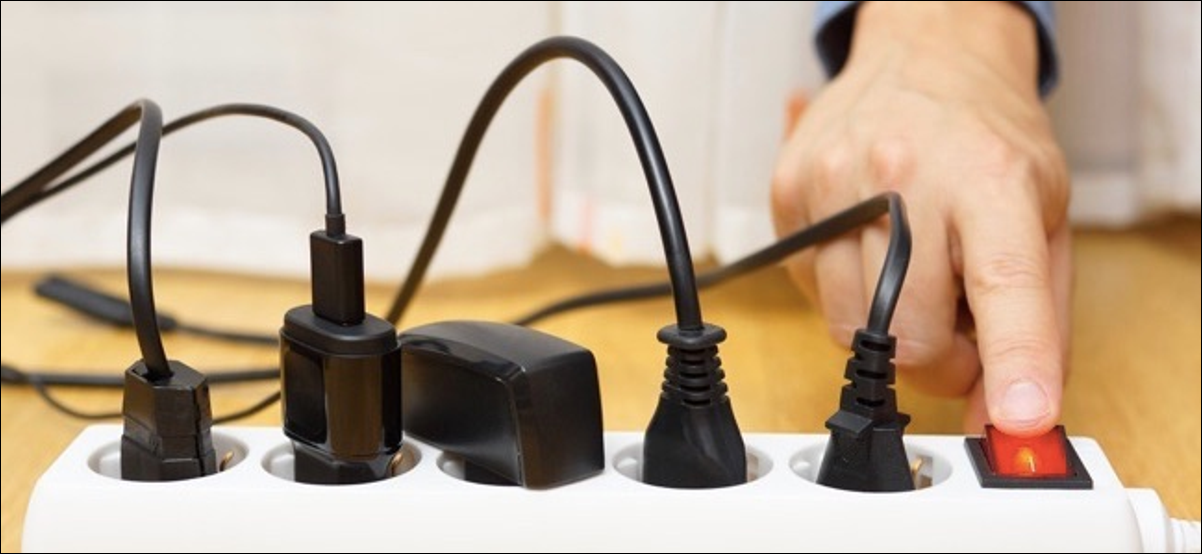Electrical safety is integral and it is not something that you should compromise on. Make sure that you cover all aspects of electrical safety so that you can eliminate all electrical hazards. Electricity is an indispensable luxury and you need to find ways to use it safely.
Avoiding electrical safety can lead to serious consequences like fire and electrocution. There are some rooms like the kitchen and bathroom where you need to be extra cautious against electrical hazards. To enjoy complete electrical safety you have to get an EPC, EICR certificate, etc. as assurance.

Golden Bonus Rules for Electrical Safety
Electrical Safety Rules
Here are some cardinal electrical safety rules that you should always practice:

1: Keep check of Faulty Cords
You should always keep an eye out for the worn-out and frayed cords. The faulty cords are extremely dangerous as they can lead to serious damage. They can emit sparks and cause a fire. An electrical fire does serious property damage and can be responsible for the loss of life. People often repair the faulty cords with tape which is never a good idea.
2: Check Cords Plug
Regularly checking the electrical cords is important. It will allow you to make sure that all cords are firmly plugged. If the cord is not properly connected then it is damaging to the appliances and people. Make sure that the metal part of the plug is not exposed. If the metal part comes in contact with the water or anything flammable then it can be pretty damaging.
3: Avoid Overloading Sockets
Avoid plugging too many appliances in one electrical socket because it will overload it. If you want to keep the appliances and people using them safe then use one socket for just one appliance. Overloading will increase the risk of electrocution and electrical fires. You should also use a surge protector while plugging appliances.
Visit Our Services To Both Domestic And Commercial Customers
4: Keep a check on Appliance Indications
If you detect warning signs like overheating, sparks, blown fuse, etc. then you should stop using the appliance. You will be creating an electrical hazard if you keep using them. Make sure you call an electrician as soon as you spot the problem and repair the problem.
If you need to replace anything then do it without any delay. Procrastinating is never a good idea when it comes to electrical hazards.
5: Keep Electrical Appliances Dry
Water and electricity are not a good combination. Make sure there is no water near electrical appliances. If water and electricity are combined, they can lead to electrical fires and electrocution. Keep the appliances at a safe distance from water.

6: Avoid Multiple Extension Cords
Using too many extension cords is a bad idea. They can lead to electrical fires and they can also become a tripping hazard. If you are using extension cords you need to be extra careful. Never let the cord pass through water.
7: Keep unused Appliances Off
When you are not using the electrical appliances you should turn them off and unplug them. It will help in lowering energy consumption as well as offering electrical safety.
8: Distant your Appliances
The heat generating appliances like ovens, refrigerators, etc. should not be placed near each other. It is important that there is some distance between these appliances. Never put fabric, clothes, and other flammable items near these appliances.
Visit For Specialists in Fire Detection and Alarm Systems Installation


